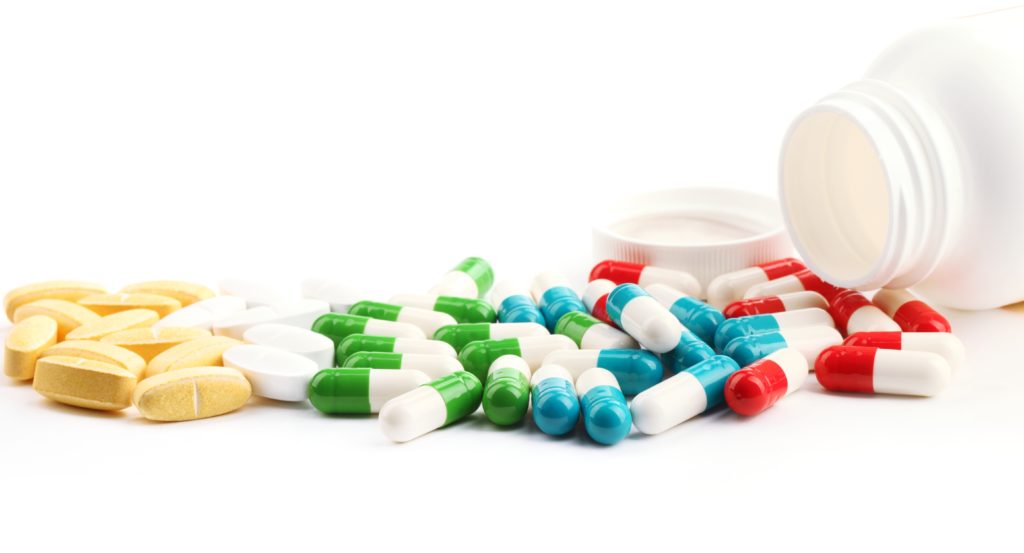





Challenge the Reasons Copy
Now that you understand the challenges with supplements, below are five actions you can implement.
1. Realize and communicate that supplements are not necessarily 100% safe or effective.
2. Ask the athlete and know about their dietary supplement history.
3. Evaluate possible drug and supplement interactions.
4. Consider a “food-first” approach as an adequately balanced diet of whole and natural foods with sufficient hydration can be more healthy in the long run for athletes.
5. Recommend third-party testing of dietary supplements.
Supplements advertised for bodybuilding, weight loss, or sexual enhancement are the most likely to contain prohibited substances. However, even multivitamins, vitamins, and mineral products may pose a degree of risk.
As an example, in 2013, Purity First Health Products, Inc. issued a nationwide recall of specific lots of their Healthy Life Chemistry B-50, Multi-Mineral and Vitamin C products due to a potential health risk. The Multi-Mineral and Vitamin C capsules appeared to indicate the presence of Dimethyltestosterone, a prohibited substance on the WADA Prohibited List. These products were marketed as dietary supplements and distributed nationwide via the internet and through retail stores.
Stay updated on dietary supplement health and safety issues by registering for alerts at the FDA website.

